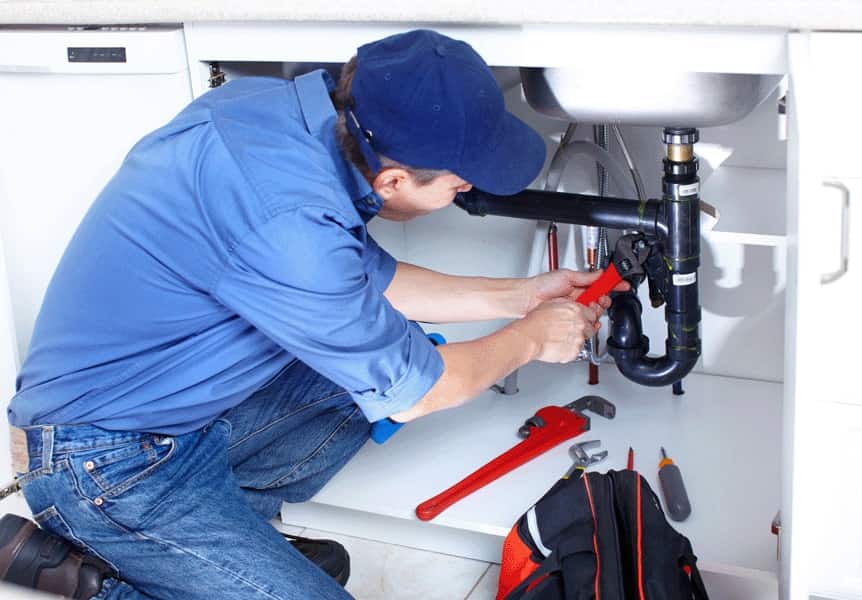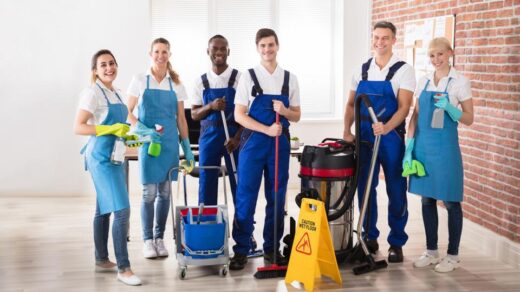
A plumbing emergency can strike at any time, often without warning. Whether it’s a burst pipe, a clogged drain causing flooding, or a malfunctioning water heater, knowing how to react quickly can prevent costly damage to your home. This guide outlines essential steps to take during a plumbing crisis, how to minimize damage, and when to call a professional plumber.
1. Identify the Emergency
Not all plumbing issues require immediate action, but certain situations demand urgent attention:
🔹 Major Water Leaks or Burst Pipes – Can cause rapid flooding and structural damage.
🔹 Sewage Backup – Poses health risks due to contaminated water.
🔹 No Water Supply – May indicate a serious issue with your main water line.
🔹 Gas Leaks (if near plumbing fixtures) – Extremely dangerous; requires immediate evacuation.
If you notice any of these, act fast to mitigate damage.
2. Shut Off the Water Supply
Step 1: Locate the Main Water Valve
- Usually found in basements, crawl spaces, or near the water meter.
- Turn the valve clockwise to stop water flow.
Step 2: Stop Water at the Source (If Possible)
- For leaks under sinks or toilets, turn off the local shutoff valve.
- If the main valve is stuck, use a wrench for extra leverage.
Step 3: Drain Remaining Water
- Flush toilets and run faucets to relieve pressure in pipes.
3. Turn Off the Water Heater
If the leak is hot water-related:
- Switch off the water heater’s power (electric) or gas supply (gas heater).
- Prevents overheating and potential tank damage.
4. Contain the Lea
- Use towels, buckets, or a wet/dry vacuum to soak up standing water.
- Place a bucket under dripping pipes to prevent further damage.
- If sewage is backing up, avoid contact and wear protective gloves.
5. Address Electrical Hazards
- If water is near electrical outlets or appliances, turn off the circuit breaker to avoid shocks.
- Do not touch wet electrical devices with bare hands.
6. Call a Licensed Plumber
Some emergencies require professional help:
✅ Burst pipes (especially behind walls)
✅ Sewer line blockages
✅ Water heater failures
✅ Gas line leaks (call the gas company first!)
What to Tell the Plumber:
- Location and severity of the issue.
- Whether you’ve shut off the water.
- Any signs of structural damage.
7. Document the Damage for Insurance
- Take photos/videos of the affected areas.
- Keep receipts for emergency repairs.
- Contact your insurance provider to file a claim if necessary.
8. Prevent Future Emergencies
- Insulate pipes in winter to prevent freezing.
- Avoid pouring grease down drains.
- Schedule annual plumbing inspections.

Final Thoughts
Plumbing emergencies can be stressful, but staying calm and following these steps can save your home from severe damage. Always keep the number of an emergency plumber handy, and know where your main water shutoff valve is located.



